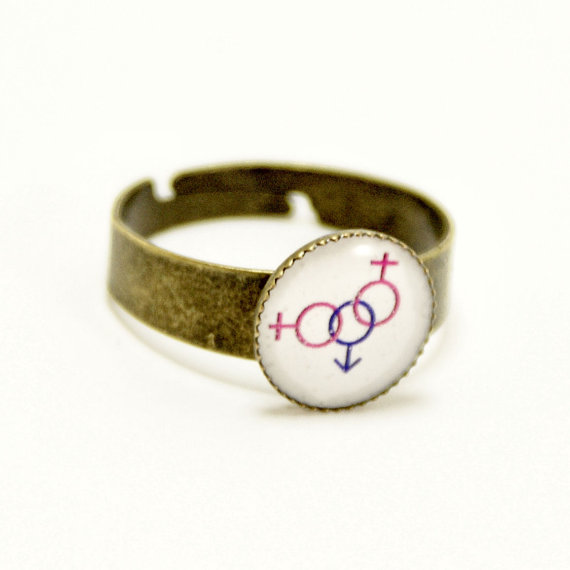The Greeks Had it Right
The great romantics- the French say it like this: Je t’aime.
We say it like this: I love you
The phrase “I Love You” contains three little words invested with a whole lot of meaning, and if they come from your lips via the heart, you can never say “I love you” too much. Of course, any other words you pair with those three little words can make a world of difference to exactly what you’re saying and how it is received.
But having said that I have noticed that some folks have a tendency to throw the words “I love you” around like a football being passed amongst its players, like a hot potato around a bonfire….
Why is this? Is it because we really love someone we only just met once? Is it because we don’t know what it means and we use it (even if occasionally inappropriately) for everything and/or everyone? Or is it simply because of the inadequacies of the English language?
This question got me to thinking – I really think the Greeks had it right when they spoke about love. The Ancient Greek language distinguishes how the word is used – it has several distinct words for love:
- Agape: means love in modern-day Greek. It generally refers to a “pure,” ideal type of love, rather than the physical attraction suggested by eros.
- Eros: (from the Greek deity Eros) is passionate love, with sensual desire and longing.
- Philia: describes a dispassionate virtuous love, and includes loyalty to friends, family, and community, and requires virtue, equality, and familiarity.
- Storge: is natural affection, like that felt by parents for offspring.
So with these thoughts in mind- know that when I say I love you I don’t use those words lightly AND I don’t say them to everyone- but also know that the love I feel for one may not be the same as that which I feel for another- doesn’t mean it is any less or not equal- just means it is different but I just don’t have the right words to say that can clarify that but know that I do know that there is a difference and I don’t just throw them around just coz I can.




